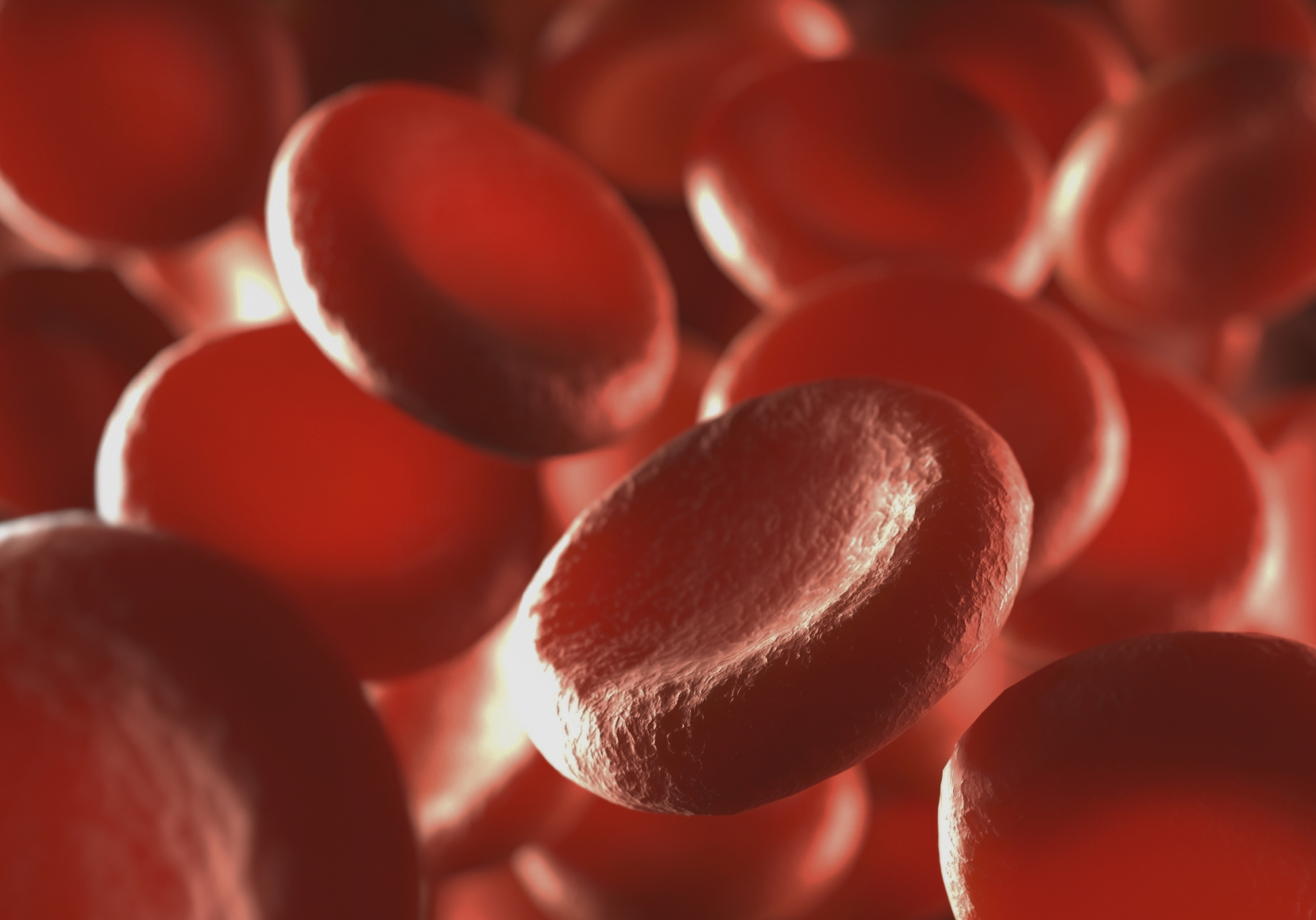GlycoMimetics craters as Pfizer says rivipansel flunks trial

GlycoMimetics has been poleaxed by the news that its drug for a severe complication of sickle cell anaemia – rivipansel – failed a phase 3 trial run by its partner Pfizer.
The news came in after the markets closed on Friday, but GlycoMimetics has been pummelled in after-hours trading, with trading down almost 43% at last count.
Pfizer licensed rivipansel (formerly GMI-1070) in a $340 million deal in 2011 as a potential treatment for vaso-occlusive crises (VOCs) associated with sickle cell, an excruciatingly painful complication of the disease that happens when multiple blood cells stick to each other and to blood vessels, causing blockages.
Now, the top-line results of the RESET trial show that rivipansel – an antagonist of E-, P- and L-selectins – failed pretty comprehensively. Pfizer had suggested in recent public statements that the drug had the potential to become a $1 billion-plus product.
It was unable to reduce the time patients with a serious VOC took to be ready for discharge from hospital, the trial’s main outcome measure, and also missed “key secondary endpoints” – for example it failed to reduce the need for intravenous opioid painkillers.
VOCs can last five to six days on average, and cause more than 75,000 hospitalisations each year in the US, costing health services up to $1 billion nationwide according to some estimates.
“We are both surprised and deeply disappointed by this outcome,” said Rachel King, GlycoMimetics’ chief executive. “We had strongly hoped that rivipansel would have a positive benefit for people living with sickle cell disease.”
At the moment there’s no FDA-approved treatment for VOCs associated with sickle cell, but that could change fairly soon. The US regulator started a priority review last month of Novartis’ first-in-class anti-P-selectin antibody crizanlizumab for VOCs, setting up a possible approval before the end of the year.
Global Blood Therapeutics’ voxelotor could be another rival, although the data GBT is using to file for accelerated approval focuses on the drug’s ability to improve haemoglobin levels and reduce red blood cell destruction (haemolysis), rather than clinical endpoints such as a reduction in VOCs.
Meanwhile, hopes are increasing that gene therapies could one day tackle the underlying defect in sickle cell and avoid VOCs and other symptoms altogether.
bluebird bio has mid-stage data for its gene therapy Zynteglo in the disease, and just claimed its first approval for the therapy in beta thalassaemia, another rare blood disorder, in Europe.
The rivipansel setback still leaves GlycoMimetics with one late-stage product candidate, the E-selectin antagonist uproleselan, which is in a phase 3 trial in patients with relapsed or refractory acute myeloid leukaemia. The company is also planning a trial in previously-untreated AML.
It has a third clinical candidate, a dual inhibitor of CXCR4 and E-selectin called GMI-1359, in a proof-of-concept study in breast cancer patients with bone metastases.












